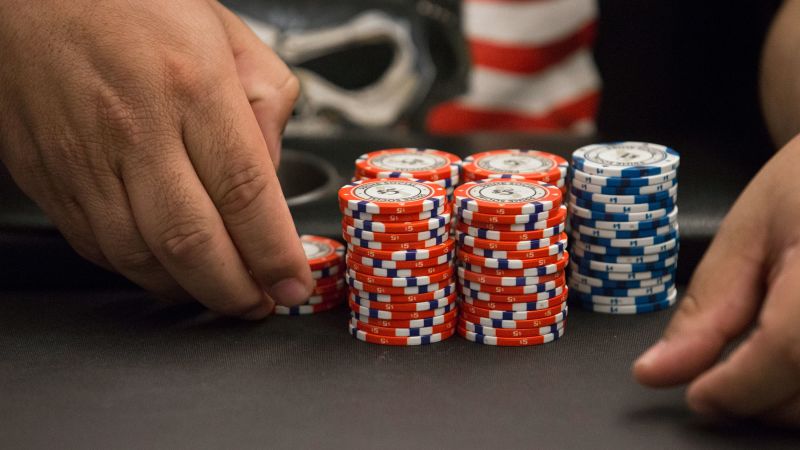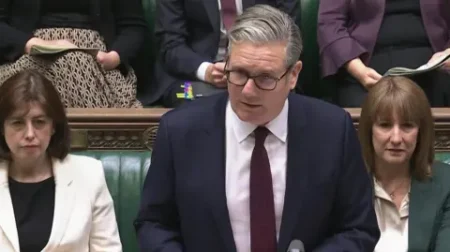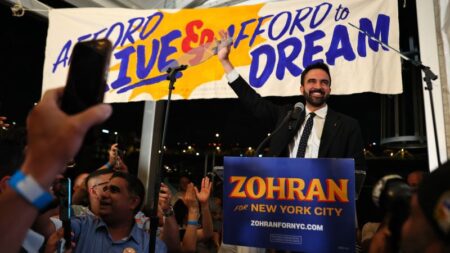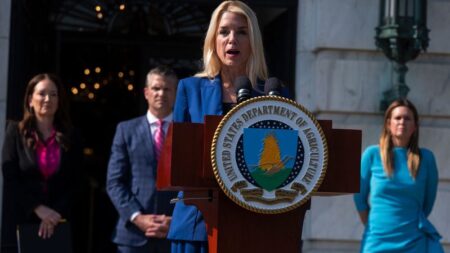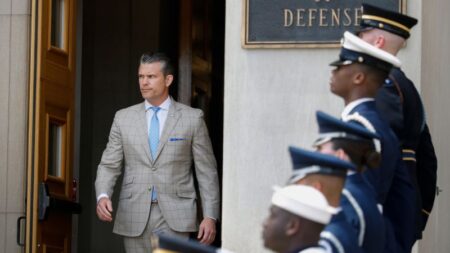The landscape of gambling taxation in the United States has witnessed considerable upheaval, particularly following the recent enactment of a substantial tax and spending bill signed by then-President Donald Trump. This legislation has ignited significant backlash from professional poker players, sports bettors, and select members of Congress, who are advocating for a revision of a controversial provision that they argue imposes unfair taxes on “phantom” winnings. These stakeholders assert that this change substantially alters the longstanding tax deductions available to gamblers, an aspect they believe encapsulates a larger legislative oversight.
Historically, the U.S. tax policy allowed gamblers to offset their winnings with a 100% deduction of their losses, a provision that ensured those who lost in a given year would not incur a tax burden. However, the recent legislation introduces an adjustment, lowering the allowable deduction of gambling losses to just 90%. This alteration raises concerns among tax professionals and gamblers alike, who fear it may cause individuals to pay taxes on income they did not actually earn. According to Rep. Dina Titus, a Democrat from Las Vegas, this effectively means that a player who wins $100,000 but also loses $100,000 could still find themselves liable for taxes on a purported gain of $10,000—monetary gains that are, in reality, fictitious.
As the ramifications of this tax change began to circulate, it became clear that the provision had been inserted during the Senate Finance Committee’s discussions about the bill. While not aiming to specifically target gamblers, the alteration emerged as a result of the complex legislative reconciliation process. For over fifty years, the ability to fully deduct gambling losses has been a fundamental aspect of tax policy. This policy was reiterated in the 2017 tax cuts initiated during Trump’s tenure and was initially preserved in the House’s version of the recent legislation.
The Senate’s decision to modify the deduction was deemed necessary to comply with reconciliation rules, which dictate specific budgetary impacts. The deduction’s reduction would reportedly generate an estimated $1.1 billion in additional revenue over the next decade—a vital figure if the bill were to be passed without issues from the Senate parliamentarian.
Members from both parties have shown a willingness to address this issue within Congress. For example, Sen. Catherine Cortez Masto, a Nevada Democrat, has expressed intentions to introduce a fix to restore the previous deductive measures. Meanwhile, reactions from within the industry have varied, with several professionals in gambling acknowledging that the new provision could adversely affect high-volume, low-margin operations like sports betting.
Industry experts have pointed out that, while most casual gamblers do not typically itemize their gambling losses on tax returns and thus would not feel the impact of the policy shift, professional gamblers, who rely heavily on these deductions, are at substantial risk. Phil Galfond, a seasoned professional poker player, emphasized that this policy could threaten the livelihood of many individuals in the gambling profession. On the other hand, the change could also potentially deter recreational gamblers from participating in legal gambling, pushing them towards unregulated offline platforms, which pose greater risks.
The gaming industry, heavily represented by organizations like the American Gaming Association, has rallied to advocate for the repeal of these unfavorable tax changes. With statements from executives at prominent companies like DraftKings expressing a desire to work with lawmakers to restore fair tax treatment for customers, there appears to be a consensus within the industry about the urgency of addressing this legislation.
In conclusion, while the broader implications of the tax bill have garnered attention due to its expansive nature, the specific changes to gambling taxation highlight the precarious balance between legislative compliance and the protection of various economic sectors. Advocates suggest that without remedial measures, the resultant financial pressures could drive legitimate gamblers away from regulated environments, ultimately harming the industry that has depended on their participation. As discussions continue in Congress, the eventual outcome remains uncertain, but the advocacy efforts reflect significant concern over the future viability of professional gambling in the United States.





